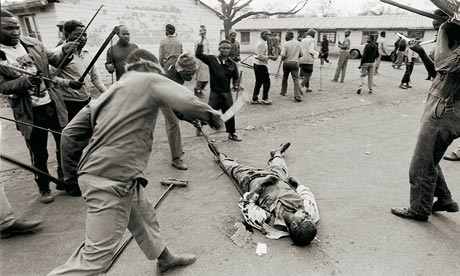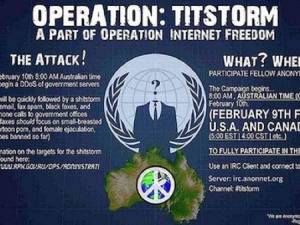A stroll in the self-help section of any bookstore, electronic or otherwise, will offer a wide and varying selection on how to achieve the illusive state of "happiness".
"Happiness" seems to be a state to which we should aspire to achieve and embody. However, this doesn't seem to answer all the questions.
if we are all trying so hard to be happy, to de-stress, de-clutter and distance ourselves from anything that brings us pain and difficulty, where are we collectively heading as a society? Can we really achieve and progress if we are not interested in the meaningfulness of what we do and instead focus on our personal, individualhappiness?
In her recent article, Nancy Colier asks: Why do we expect ourselves to be happy all the time? It is a pertinent question and challenges a concept that has been encouraged and celebrated strongly over the past couple of decades, particularly in the United States. The article draws from The Atlantic's original article, which postulates that there is actually more to life that just being happy.
If life isn't about being happy, then what is it about?
Having grown up in a household with a strong Sudanese, community based culture, my younger brother and I were taught the importance of 'duty', and doing things with a purpose, something that offered meaning.
This wasn't something we always understood or appreciated, as for young children and teenagers, the immediate payoff seems to be the most important thing. As time has passed though, I have begun to appreciate the concept behind what my parents tried to teach us.
Meaning can bring happiness, but in of itself is much more profound and encompassing than just 'being happy'.
Meaning is about the concept of working for something larger than your individual person. It is about, as the psychologists who wrote the book Man's Search for Meaning found, being a "giver" instead of a "taker".
It is a concept that implies a fulfilling life isn't one that is focused on personal contentment to the exclusion of any pain, suffering, or any struggle for a better situation. Rather, a fulfilling life is one that gives individuals a reason to be happy - or at the very least, content.
Meaning can come in any number of forms, but it is often related to what we as individuals and society value.
For those who value family, meaning and ensuing happiness can come from providing for the family. For those who are more focused on their career, meaning may take the form of employment related activities. For me personally, meaning comes from working with young people and the community to help empower them, individually and as a group.
Achieving or striving for these may not always be sunshine and roses, and may not always provide immediate happiness. However, the long term strive for meaning gives depth to our lives, and value to what we contribute to in society.
It is that meaning that we can derive true happiness from, knowing that our time on this earth made an impact in some way, and that the world is a little better for us having been in it.
Source of photos: Tumblr
















